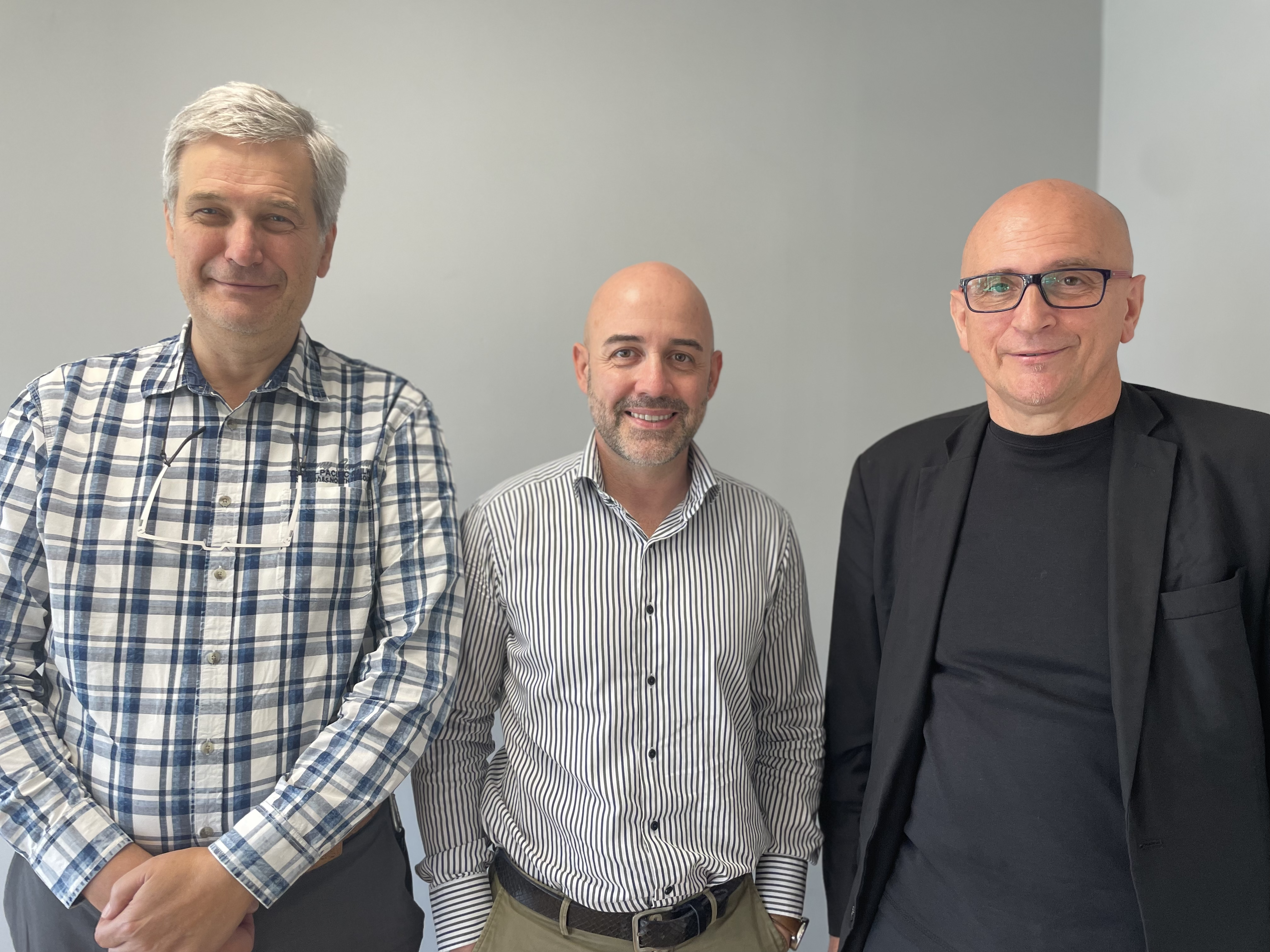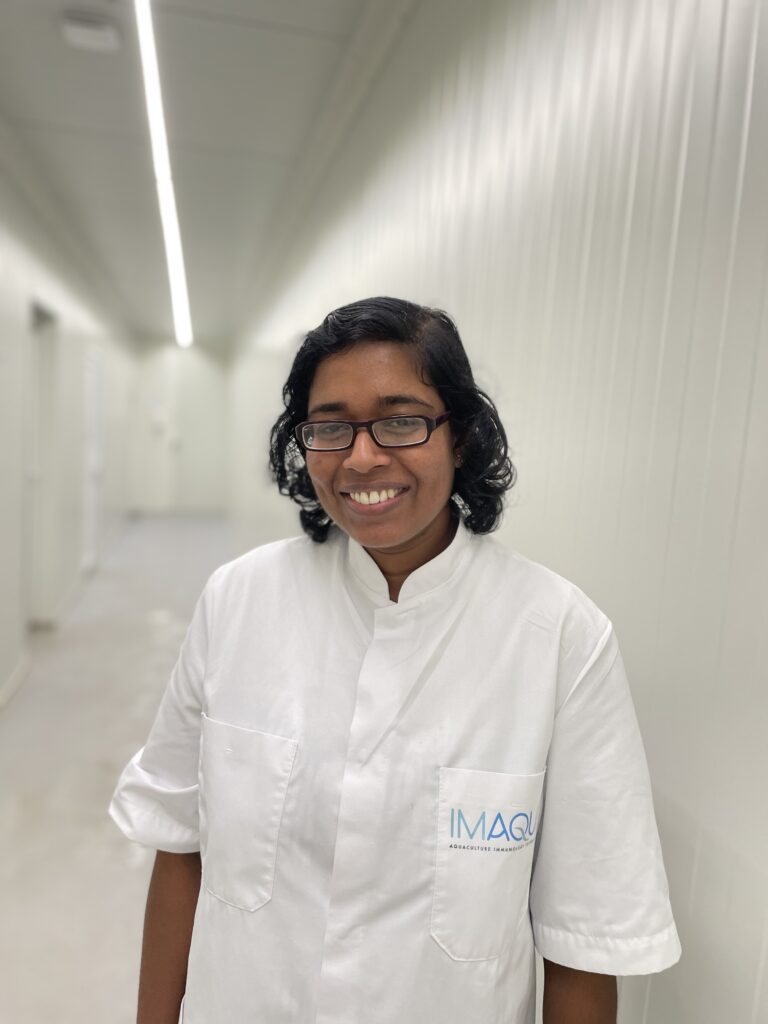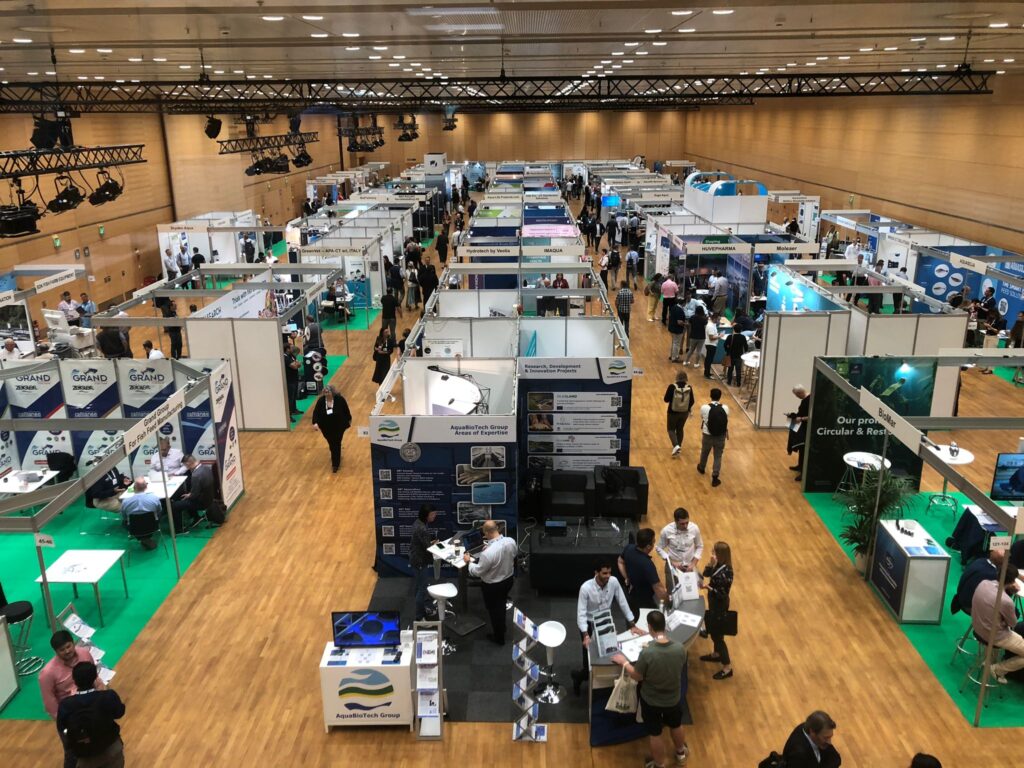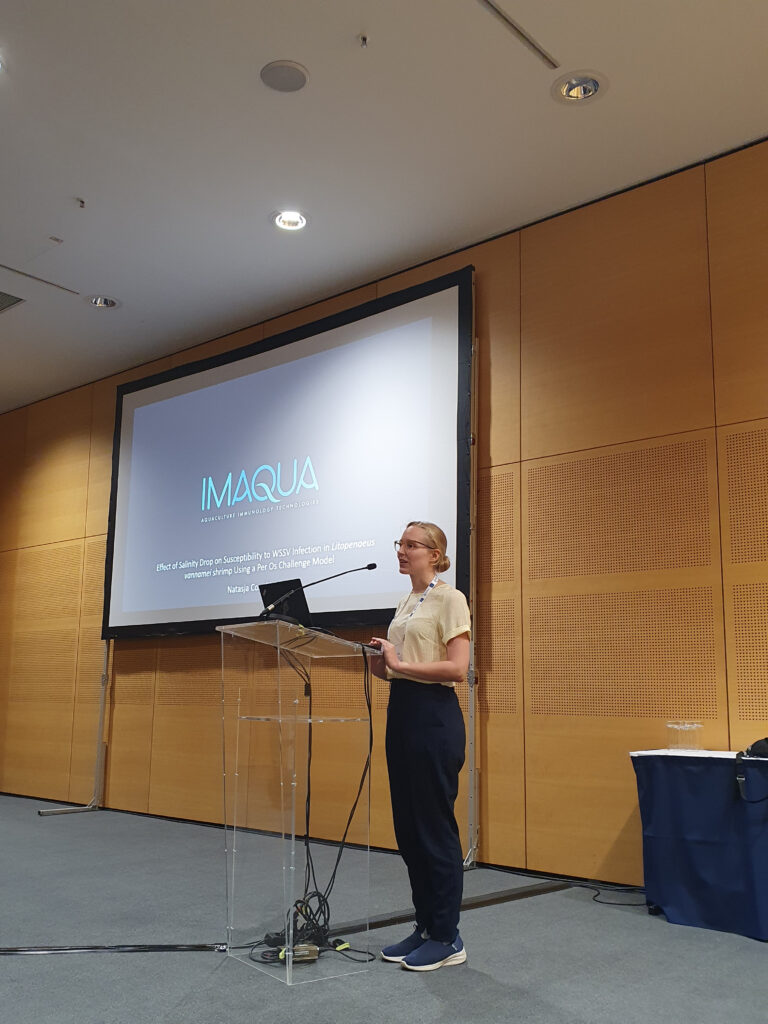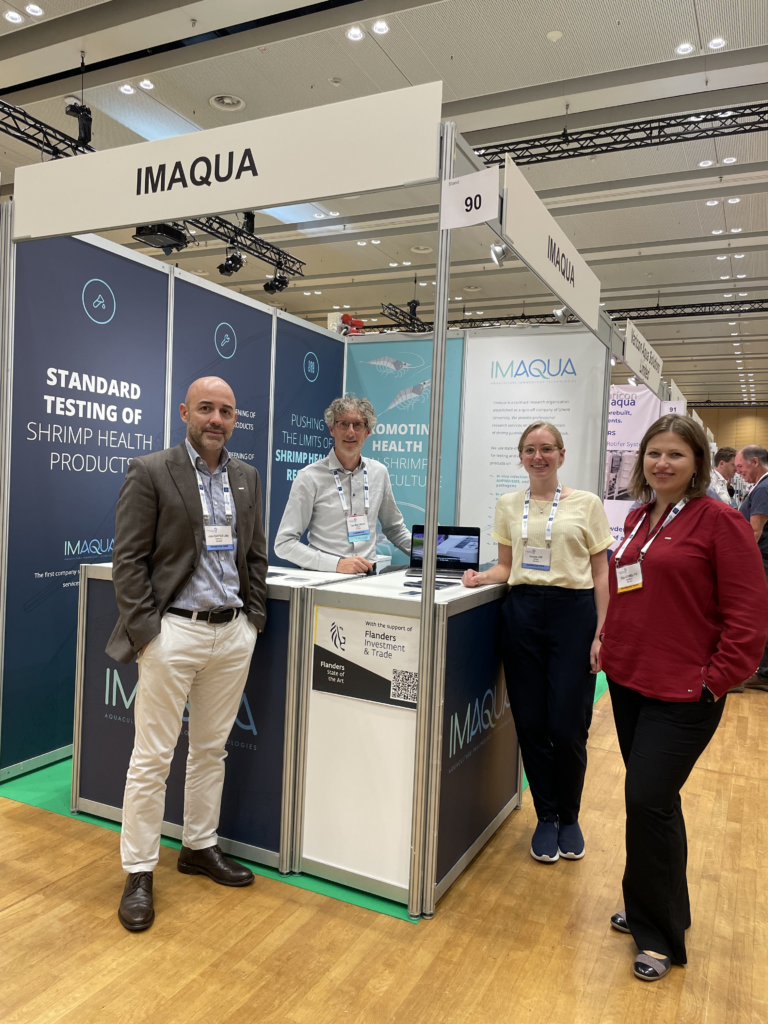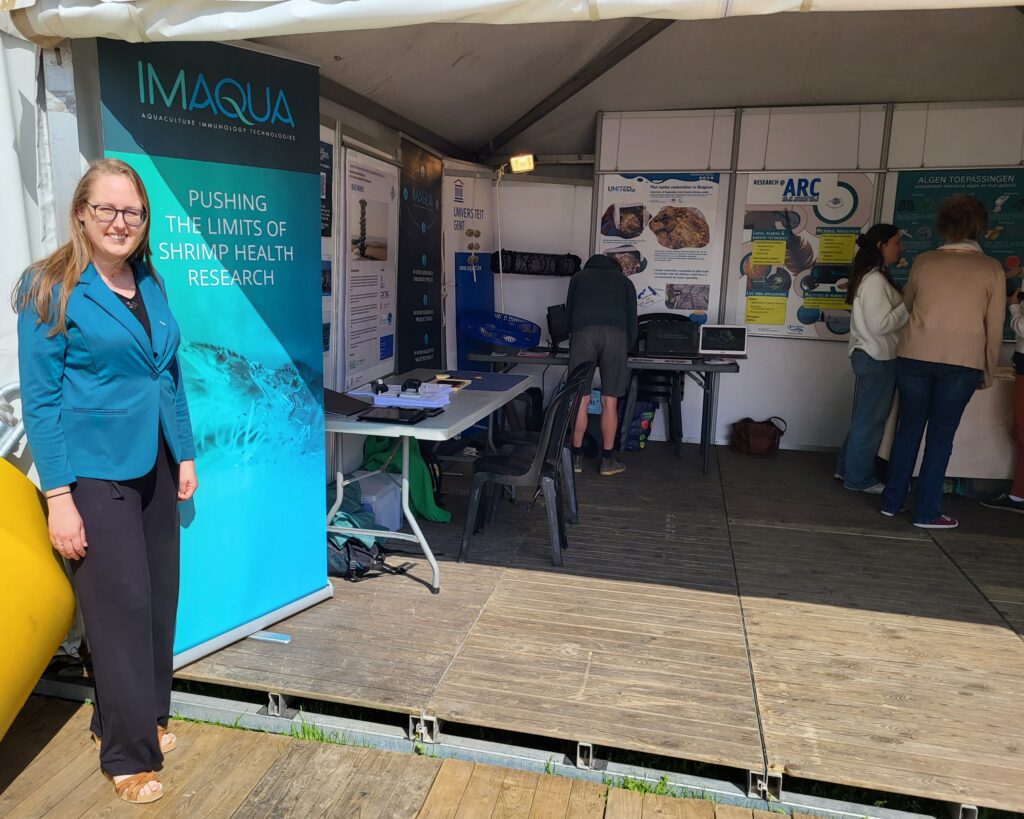OUR COMPANY
IMAQUA is Contract Research Organisation that provides contract research services to the shrimp aquaculture industry. We provide high quality testing services for application on the development, validation and valorisation of shrimp health products. We consult on conceptual issues and various aspects of shrimp health and immunity.
JOB DESCRIPTION
Laboratory technician at our microbiology laboratory will have the responsibility for supporting laboratory management, client trials and internal R&D activities essential to the innovation portfolio and smooth functioning of IMAQUA.
The ideal candidate should have a strong interest in animal sciences, particularly aquaculture and previous laboratory experience. Besides the ability to follow protocols and instructions and flawlessly executing of laboratory procedures, he/she should share our passion for driving innovation with the highest quality standards.
You will work alongside our scientific staff on challenging research projects in shrimp aquaculture. We offer an attractive salary package proportional to performance and responsibilities.
REQUIRED CANDIDATE PROFILE
· 3-5 years of laboratory work experience
· Studies in biotechnology or similar
· Proficient with following techniques: qPCR, Microbiology, Histology
· Hands on experience working with laboratory animals
· Must be able to handle multiple assignments successfully
· Must be precise and accurate, well organised with excellent time management skills
· Must be able to perform in a fast-paced environment
· Good mathematical (basic statistical skills highly desirable), problem-solving and analytical skills
· Well-developed interpersonal skills
· Possess strong initiative, professional, team player attitude
· Ability to follow strict standard operating procedures (SOPs) and to develop new ones
· Discrete and able to handle confidential data
· Excellent English language skills, spoken and written
· Ready to work on periodical weekend shift
· Has driving license
TASKS
Planning and execution of in vitro microbiological/molecular tests and in vivo infection trials:
· Bacterial culture
· Determination of MIC of experimental antibiotics, probiotics and feed additives
· Bacteriostatic activity with agar diffusion assay of experimental products
· Fixation and staining of thin sections of shrimp tissues
· Microbiology test of shrimp gut digestive and hepatopancreas
· Analysis immune parameter of shrimp haemolymph and tissues
· Shrimp haemocyte collection, total count and differential count
· Probiotics and pathogen co-culture assay
· Shrimp gene expression analysis
· Planning and preparation of trial documentation
· Setting up and execution of controlled infection experiments on shrimp
· Drafting of internal reports
Organisation and quality control:
· Responsible for routine laboratory compliance and maintenance
· Managing laboratory materials stocks and inventory
· Ensures strict adherence to biosafety rules and procedures
· Manages laboratory records and files
Handling and execution:
· Correct blood withdrawal from shrimp & testing of immune parameters
· Examination of animals for behavioural changes or clinical symptoms
· Ensures execution of GLPs in the lab and follow safety rules and procedures
· Development of daily planning of laboratory procedures and coordinating their execution
WE OFFER
An attractive salary package proportional to performance and responsibilities
Intensive in-house training and coaching
Being part of an international team of aquaculture experts at a dynamic company
Participating in exiting aquaculture research projects
Free coffee/tea/fruit
If you are interested, please send your CV in pdf format to selectionlabtec0224@imaqua-cro.odoo.com
Closing date: 15/05/2024


